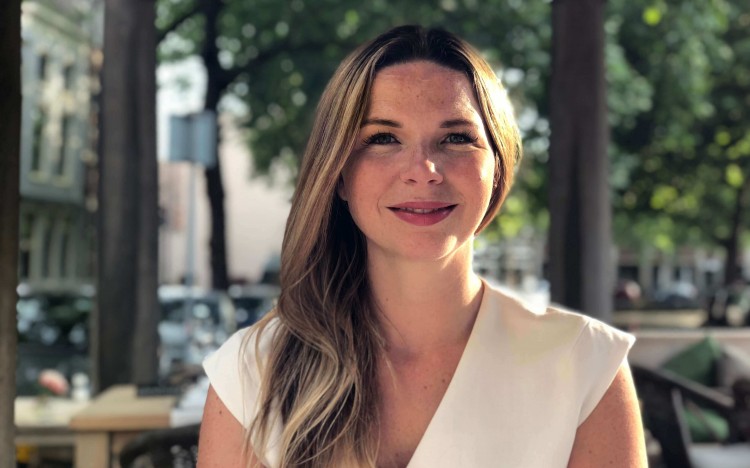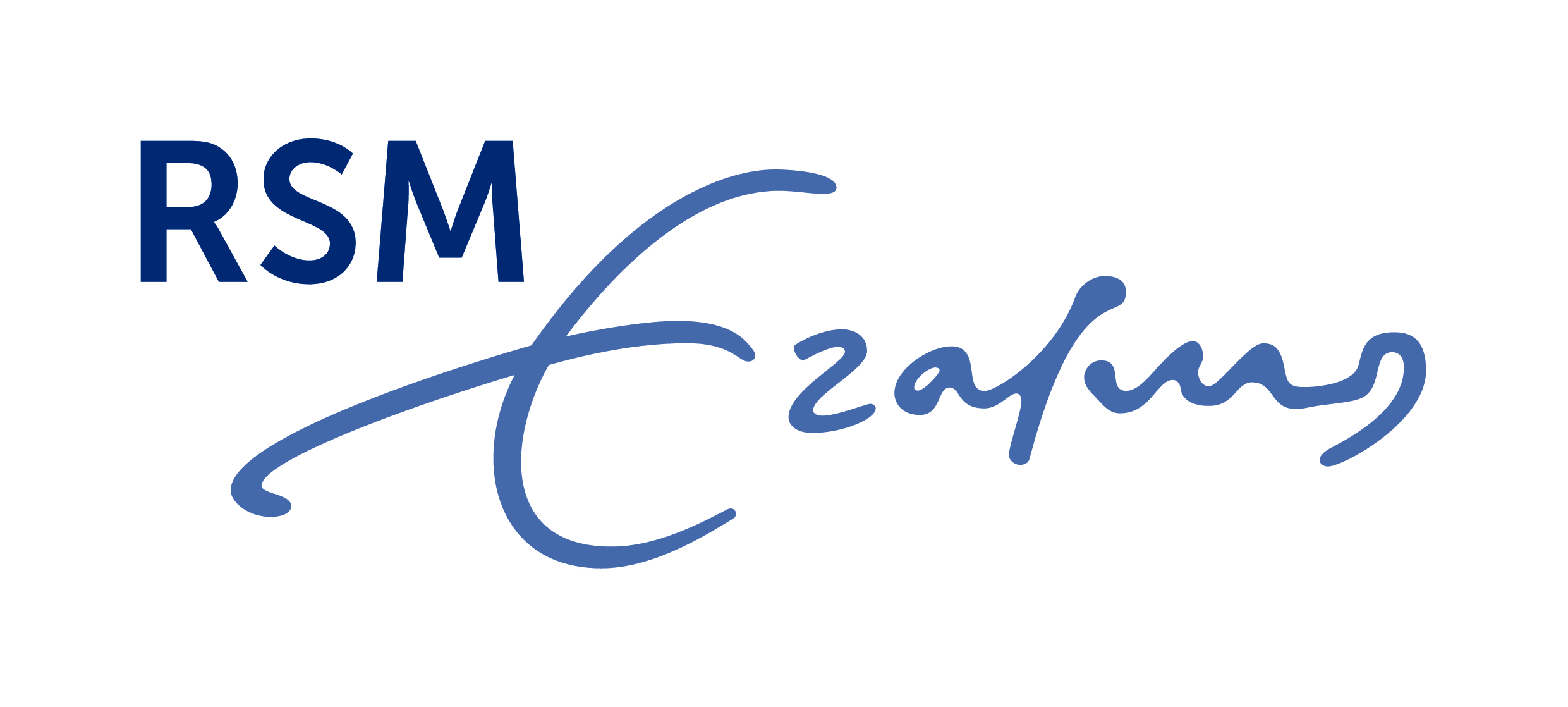Sadly, things haven’t changed too much. Women are still obstructed when it comes to career advancement—there were only 24 female CEOs heading companies in 2018’s Fortune 500 list, down from 32 the year before. Shocking truths still exist, like the fact a FTSE 100 CEO is more likely to be called John than to be a woman.
Yet the winds of change are beginning to blow through the male-dominated world of business. Between 1997 and 2017, the number of female-owned businesses increased by 114%, this figure increasing four-fold when it comes to women of color.
For female entrepreneurs, like Morgan de Koning-Ward, empowering women in the workplace is more than just fairness—it can be the key to business success.
“[Having] more women in power benefits everyone, both men and women,” Morgan underlines.
Earning her Executive MBA at Rotterdam School of Management (RSM), and successfully co-founding and running her own company, have all been steps on Morgan’s mission to promote female empowerment as a way of improving businesses.
Morgan started her first company in 2009—Clean Laundry, as a consultant providing strategy integration services that promote sustainability in fashion and lifestyle brands—several years before she came across RSM.
Interacting with large brands and organizations, her “inner compass” towards helping women in business was driven by her experience of the inefficiencies of a biased workplace.
“I’ve had to deal with hierarchy in organizations that were created by men to sustain the present way of working,” Morgan remembers, “That wasn’t actually working for the business.”
Wanting to change the way businesses were run, she found she needed “more tools in her toolkit” to really enable her to be more impactful.
Morgan’s MBA experience at RSM offered this, along with a strong international network and a focus on sustainability, which had always been a personal and professional passion of hers.
Over the two-year program, Morgan was able to grow her business alongside her part-time studies at RSM. “I could take what I learnt in the classroom and apply it directly to work,” Morgan remembers.
In particular, the Erasmus Center for Entrepreneurship (ECE) offered a network which equipped Morgan—as it does budding social entrepreneurs on the full-time MBA at Rotterdam School of Management—for the next steps of her career.
The ECE offers training and development programs to entrepreneurs, as well as assistance in setting up new businesses. This year, the center worked with 2500 students, and helped to establish 160 start-ups.
Morgan also found likeminded professionals at the Erasmus Center for Women and Organizations (ECWO), run by RSM. It was here that Morgan discovered the potential of workshops and seminars run by women for women.
While Morgan’s initiative was always drawn towards empowering women, RSM offered her assistance in formulating this into a business plan. More importantly perhaps, it was here that she met her business partner, Olivia Heerenveen.
The ECE, and the boot camp which they participated in, helped Morgan and Olivia to start to map out their business, Eve & Elle. This content rich digital platform offers courses, events and online resources—tools such as interview preparation and how to ask for a raise—as well as putting on speakers, events, and leadership training specifically designed for ambitious women to accelerate their individual success.
“Success is personal. Every woman is her own individual. She knows best what she needs. She is capable of taking charge of that. Eve & Elle is based on giving women tools that are designed for women,” Morgan explains.
Morgan says she and Olivia were asked back to collaborate with ECWO at Rotterdam School of Management. They’re also in the process of developing a leadership retreat with certified coaches they met at the business school.
Empowering female entrepreneurs, however, still all pins on one thing—making sure that it underpins, and is underpinned by, effective business. For the entrepreneurs and women she works with, this is her most important advice.
“You have to focus on how to make your business work, not just on the idea of creating a startup,” Morgan advises, “It has to be a business, not just an experiment.”








